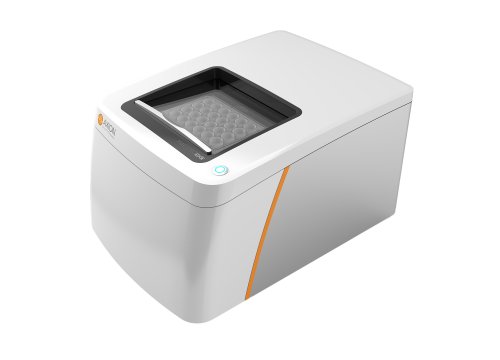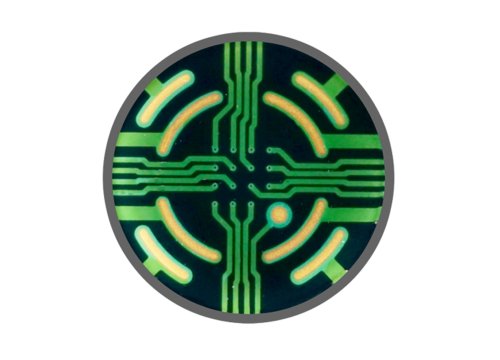Authors: Wickramasinghe NM, Sachs D, Shewale B, Gonzalez DM, Dhanan-Krishnan P, Torre D, LaMarca E, Raimo S, Dariolli R, Serasinghe MN, Mayourian J, Sebra R, Beaumont K, Iyengar S, French DL, Hansen A, Eschenhagen T, Chipuk JE, Sobie EA, Jacobs A, Akbarian S, Ischiropoulos H, Ma'ayan A, Houten SM, Costa K, and Dubois NC.
Cell Stem Cell, 2022.
Scientists explore a maturation protocol for human pluripotent stem cell-derived cardiomyocytes using Axion’s bioelectronic assays and other methods.
The use of human pluripotent stem cell-derived cardiomyocytes (hPSC-CMs) is enabling new insights into the mechanisms of cardiac disease, but the cells’ functional and structural immaturity limits their potential in research and therapeutic applications. In this study, scientists investigate if the activation of peroxisome-proliferator-associated receptor (PPAR) signaling, specifically PPARdelta, in hPSC-CMs can enhance maturation and lead to more relevant models of the human heart. PPARs are ligand-activated transcription factors involved in growth, proliferation, and metabolism.
To examine the effects of PPARdelta on cardiac function in hPSC-CMs in vitro, the scientists used Axion’s noninvasive Maestro multielectrode array (MEA) platform. Overall results from the electrophysiological analysis and other testing suggests that PPARdelta activation “recapitulates key developmental stages of heart development in hPSC-CMs by activating the metabolic switch from glycolysis to FAO [fatty acid oxidation].” The authors conclude that this in vitro maturation protocol, which can be easily implemented, may lead to expanded opportunities in disease modeling, therapeutic discovery, and toxicology research.


